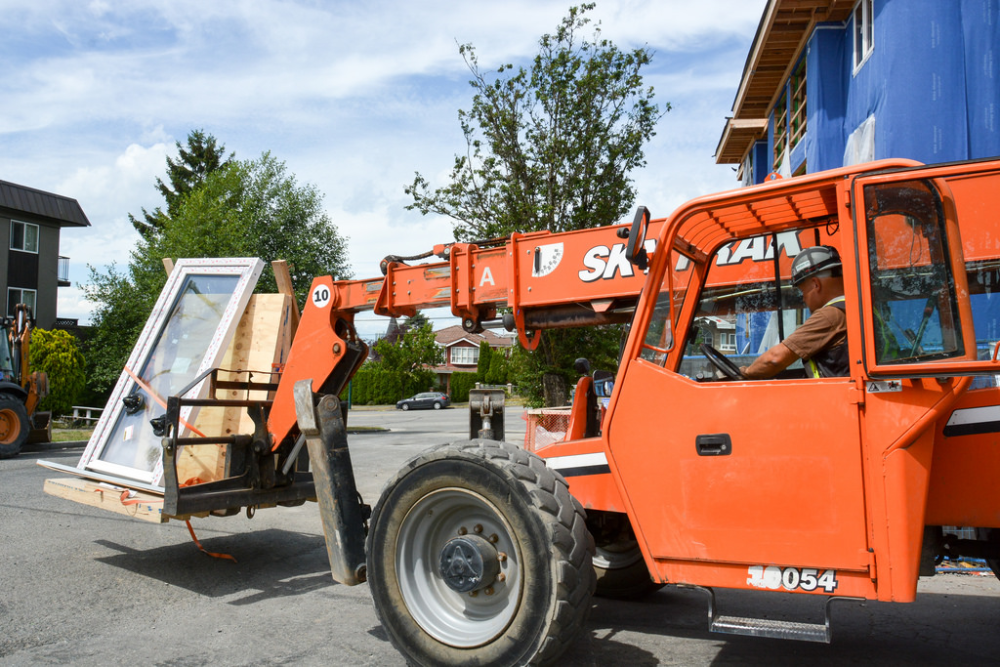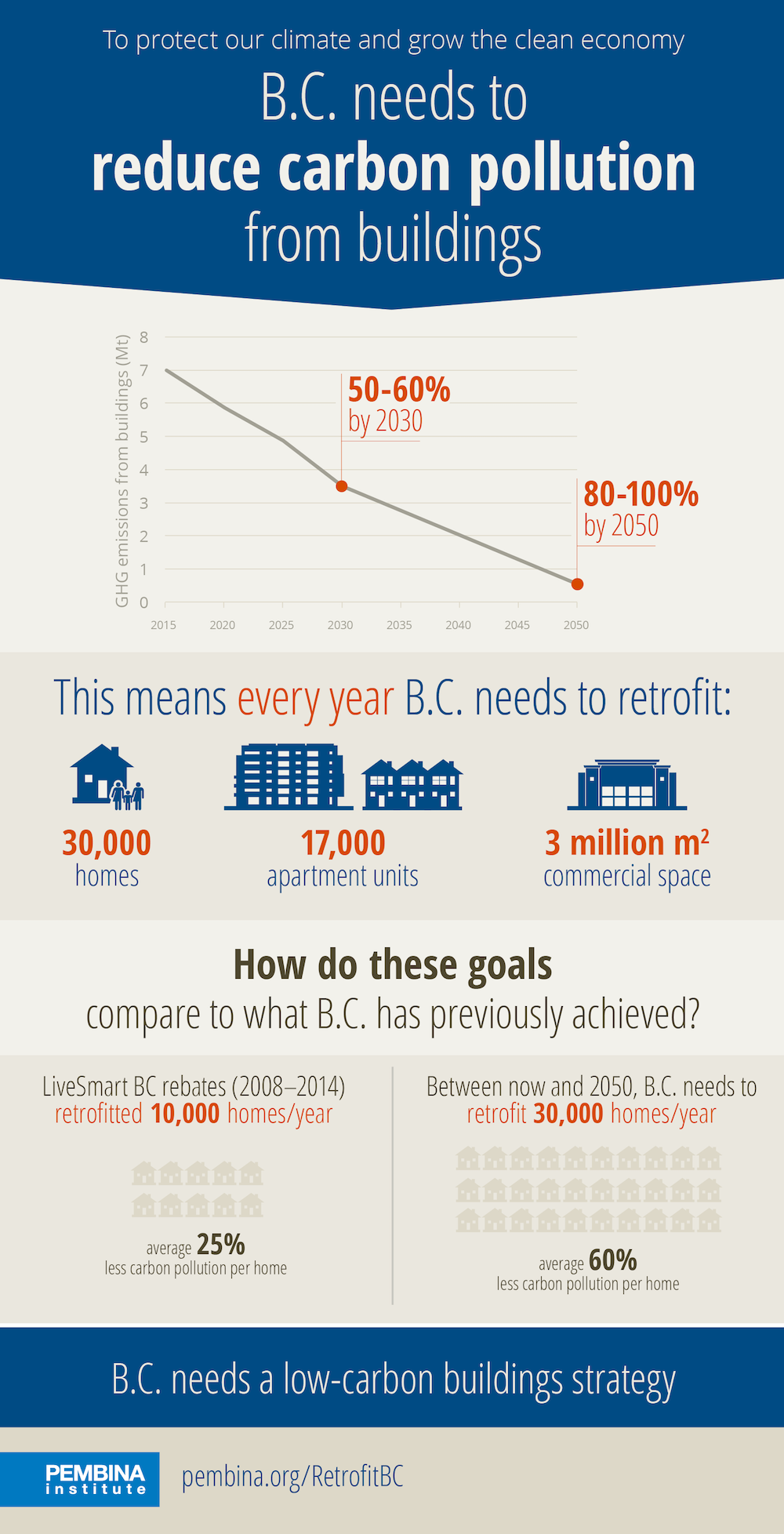VANCOUVER / MUSQUEAM, SQUAMISH & TSLEIL-WAUTUTH TERRITORIES — Tom-Pierre Frappé-Sénéclauze, director of buildings and urban solutions at the Pembina Institute, made the following statement today in response to the B.C. government’s announcement of $1.1 billion in funding over 10 years for a social housing retrofit initiative:
“All British Columbians deserve to benefit from healthier living and work spaces, lower heating bills, and less pollution. This investment in affordable, safe, energy efficient, and low carbon homes for some of our most vulnerable people is a positive step forward for B.C. It will also stimulate innovation in the retrofit market, making it easier to upgrade the rest of the housing stock.
“Preparing all of our existing homes and buildings for the clean future will be B.C.’s next megaproject, creating jobs in all communities. In order to achieve B.C.’s climate targets, we must curb carbon pollution from our homes and buildings by at least half by 2030 and almost entirely by 2050. This means upgrading 30,000 houses, 17,000 apartment units, and three million square feet of commercial space each year between now and 2050. It’s a big undertaking, but B.C.’s innovative companies and skilled tradespeople are up to the challenge. This megaproject could create over 10,000 sustainable jobs across the province and generate $4–8 billion in economic growth.
“British Columbians are ready to work together to bring down carbon pollution and meet our climate goals. B.C.’s imminent climate strategy represents a must-seize opportunity for the province to power up clean economic growth and secure a prosperous, low-carbon future.”
Quick facts
- The Pembina Institute recommends B.C. set a target for reducing carbon pollution in the building sector of 50 to 60 per cent by 2030.
- B.C. needs to retrofit three per cent of its building stock every year until 2050 in order to meet its climate targets. This will require up to $1 billion in public and private investment per year.
- Done right, improvements in energy efficiency have been shown to provide important benefits in improved comfort, indoor air quality, and durability.
- Buildings are responsible for 17 per cent of B.C.’s carbon pollution (compared to 41 per cent from industry and 39 per cent from transportation).
[30]
Join the conversation on Twitter: #BCBuildings @Pembina
Contact
Stephen Hui
Communications Lead, Pembina Institute
778-987-7654
stephenh@pembina.org
Tw: @StephenHui
Background
Submissions: Securing a clean growth future for B.C.’s buildings, industry, and transportation
Blog: Building B.C.’s next megaproject starts at home
Infographic: B.C. needs a low-carbon buildings strategy
About the Pembina Institute
The Pembina Institute is a non-profit think-tank that advocates for strong, effective policies to support Canada’s clean energy transition. We have offices in Vancouver, Calgary, Edmonton, Toronto, and Ottawa. Learn more: www.pembina.org





